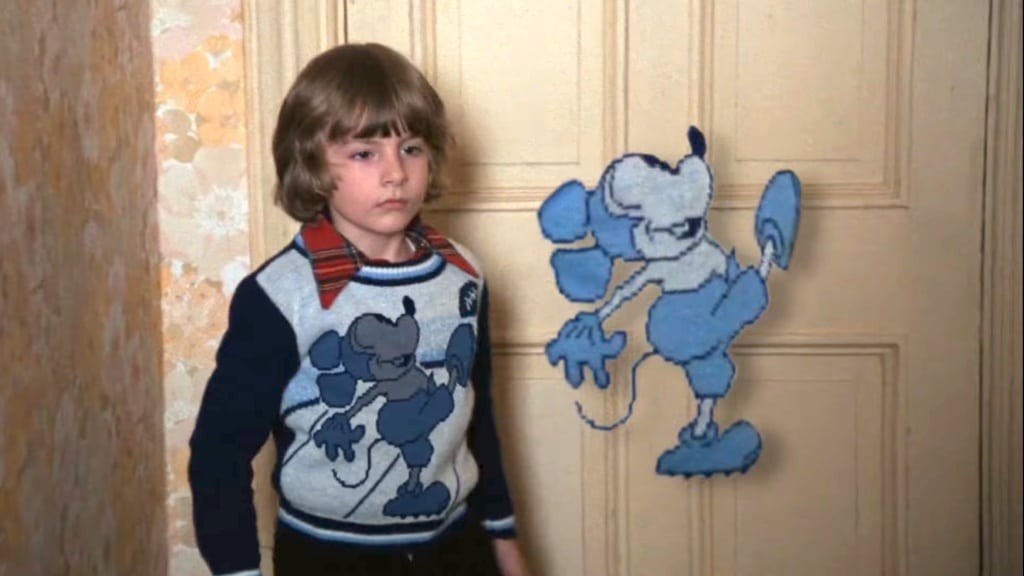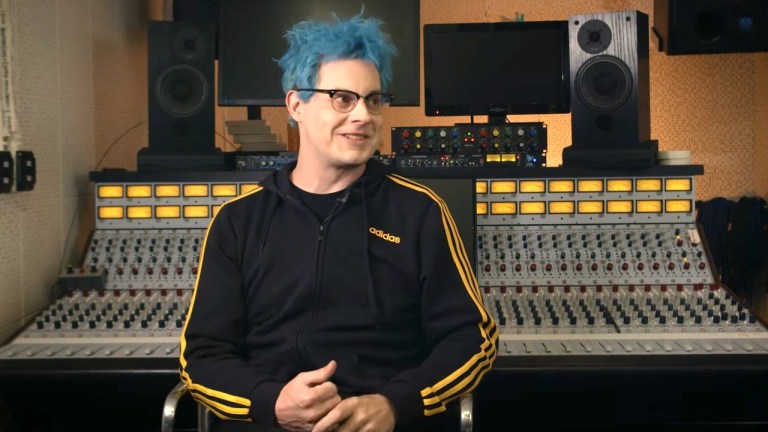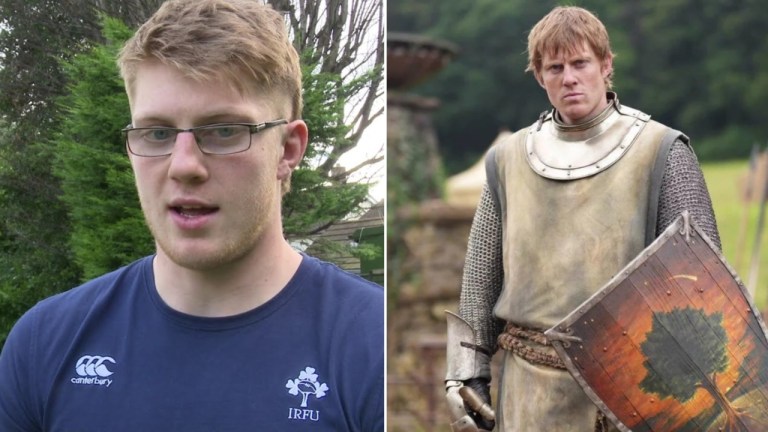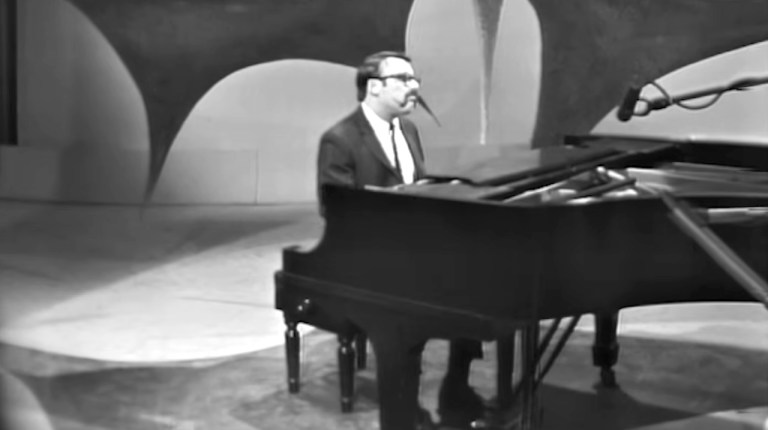How ‘Mickey Mousing’ Music Movement Synchronization Creates an Increasing Sense of Horror in ‘The Shining’
Filmmaker Kristian T. Williams (“kaptainkristian”) takes a deep look at Stanley Kubrick‘s classic psychological horror film The Shining to note how big of a role music played in manifesting increasing horror within the film. Williams explains that much of the film was shot with different music or with no music at all. It was music editor Gordon Stainforth who implemented the vintage technique of “Mickey Mousing” in order to truly enunciate the actions of each character.
Kubrick together with a man named Gordon Stainforth, who is the music editor for The Shining chose to use this outdated musical synchronization technique to elicit a sense of horror instead of humor. So rather than using it to solely underline an action like those early cartoons, it’s instead used to illustrate the growing invisible corruptive influence of the Overlook Hotel.

This technique synchronizes movement with music, adding extra emphasis on mood. Williams notes how Béla Bartók‘s, “Music for Strings, Percussion and Celesta” is a perfect accompaniment for several scenes in the film.
…there’s one piece in particular that’s used almost as an avatar for the evils of the Overlook and it’s through that song that the horror becomes alive and tangible. … Bela Bartok’s “Music for Strings, Percussion and Celesta” … Bartok famously structured this composition to be a palindrome …each moment begins as it ends, which makes it perfectly suited for The Shining both thematically and visually given its abundant use of symmetrical iconography such as twins, mirrors ,and patterns.
Williams further notes that the film would not be the same without its excellent scoring.
Without Gordon Stainforth and his incredible late game music editing contributions, this would be a very different film. … fitting a pre-existing composition in between the natural ebbs of the cadence of the dialogue all without altering the original phrasing of that composition.






